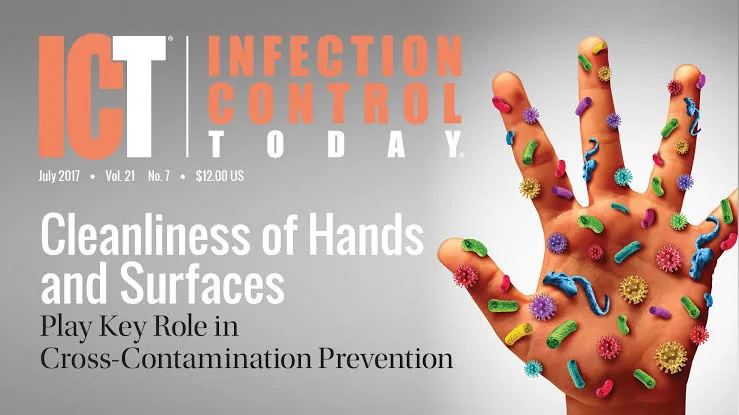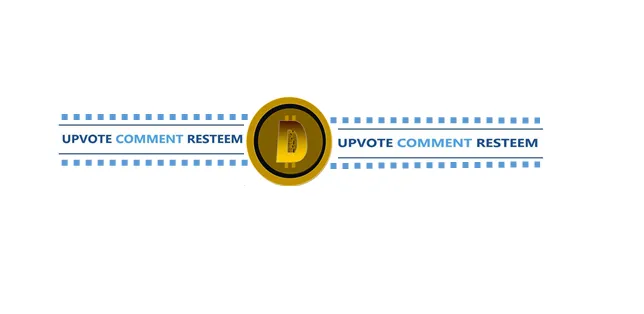
Dear all,
Cleanliness:
The word cleanliness means the state or habit of being clean. To be clean is to be free from dirt or impurities. It is also to be unsoiled or unstained. Cleanliness is a state or habit of avoiding filth. To learn what cleanliness means is different from being clean always.
A person can learn all that it means to be clean and yet may be the dirtiest and filthiest of all men. It is not everybody that takes cleanliness seriously, but everybody has to make it his or her first duty to be clean. And cleanliness is not relative to any particular age-group or occupation. Children, young people and adults must give cleanliness a priority in their lives. In whatever kind of work we do, cleanliness must be reflected as our first and major concern. There are a number of factors that we need to examine about this subject of our discussion now:
Learning to be clean at home and at school
Cleanliness must be learned and must also be taught. The first place to teach it is at home. Parents who are themselves filthy cannot teach their children how to be clean. The parent who will not wash his/her dirty clothes but will keep on using them cannot expect their children clothes clean. In fact such children may conclude in their own thinking that it is fashionable to wear dirty clothes. The father or mother who wears the same pant or underwear for three days or for a week before changing them for fresh ones must not be surprised if his her children imitate him her in the habit of filthiness.
Homes where the bedrooms and the sitting rooms are hardly swept within a week or are swept once a week cannot be a good example of what it means to be clean for the children. Parents who do not use the services of their children to sweep the rooms regularly and to clear the cobwebs wherever they are hanging are building filthy homes for themselves and their children.
Parents who depend on their housemaids to do all the cleaning in the house without themselves joining in the cleaning and without bringing their own children into the cleaning activities are not giving their children the right type of lessons that will be of great advantage to them in their later lives. Children must learn to do buy doing. No parents must expect housemaids to do for them what their own children must do for themselves. Parents who depend too much on house-maids to keep the house clean may discover that either the house-maids will not clean the house properly out of frustration, or may learn cleanliness for themselves while the children will only be good spectators of maids that keep the house clean. The next place to cleanliness besides the home is the school.
Cleanliness, whether at home or at school requires that not only should the hair be kept neat and properly combed, but the teeth also must be cleaned each morning. When we were in primary school in those days, it was the practice for a teacher to go round after the devotional period and examine our uniforms, our hair, our finger nails, and our teeth. Any pupil who was unkempt would not only be lashed with a cane but could be sent home for that day. It was not easy, on reaching home, to tell one”s parents, I was sent home because I am dirty”.
Parents your home cleanliness depend on you; train your children well to live a healthy and life free of infections.
Thank for stopping by.
